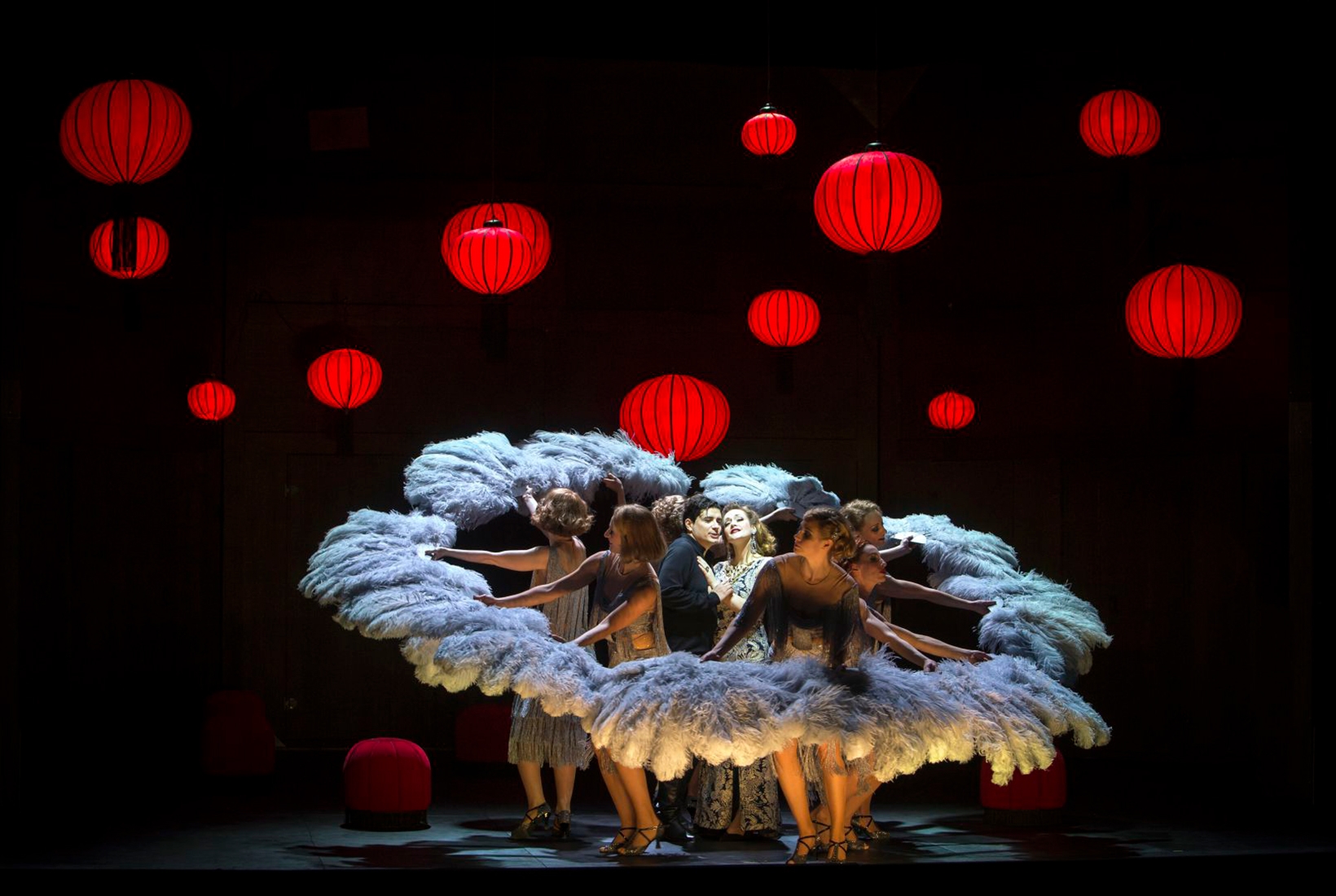There’s a certain merit in bluntness. ‘Quarantine Soirées’ was what the Budapest Festival Orchestra called its response to the crisis, and if the name conveyed a certain bleak Magyar humour, the resourcefulness couldn’t be faulted. Elsewhere, orchestras were still talking optimistically about broadcasting concerts from empty halls, and (even more optimistically) about persuading online viewers to pay for them. Realising that any activity that brings 90 musicians into close proximity was probably running out of road, the BFO’s music director Ivan Fischer announced that ‘this is not the time for orchestral music’ and launched a programme of chamber recitals by the orchestra’s players, livestreamed from their rehearsal hall.
Logging on at 6.45 p.m. on a Thursday evening, it all seemed comfortingly homespun. When you’ve run a concert series, you know the drill when some last-minute crisis wrecks your plans. The show must go on, sure; but that thoughtfully curated, beautifully balanced tasting menu of a programme goes straight out the window. From now on, it’s store-cupboard cooking. What players have you got? What sheet music is available? And what can be rustled up in a hurry from the available ingredients with lowest risk of sonic food-poisoning?
What can be rustled up in a hurry from the available ingredients with lowest risk of sonic food-poisoning?
So here was a single camera pointed at a cluster of music stands. A grand piano sat redundantly in the background — they’d either forgotten, or hadn’t bothered to move it. Well, we’ve all got bigger things to worry about. And here came a string quartet in open-necked coloured shirts and black slacks, the universal uniform of classical musicians trying to look relaxed but not too relaxed. There were shy smiles as they bowed to a camera in an empty room, and a few words of welcome from one of the players, in Hungarian and then in English. ‘Perhaps it’s not too late to get your family to join you?’ he suggested, before launching into a divertimento by Michael Haydn: entertaining, efficiently written music by a consummate 18th-century pro. The musical equivalent of a jar of pesto and a pack of dried pasta.
Orchestral players are not the same subspecies as full-time chamber musicians, and even members of an ensemble as virtuosic as the Budapest Festival Orchestra can sound distinctly rough in conditions like these. Still, anything from these players is worth a listen. At time of writing, there’ve been eight Quarantine Soirées, each offering an insight into the sort of music that orchestral musicians keep simmering away on the back burner. Rehearsal pianists finally get to play Chopin; bassoonists dust off that Danzi concerto. On Thursday they also played Schubert’s unfinished string trio, and a work that I’d never heard: Ball Music, by the Transylvanian composer Gyorgy Orban — a witty, stylishly written dance suite that you could tell they enjoyed playing. I felt better for hearing it, and I’m not sure what more we can ask from musicians right now.
God alone knows how long live music can continue under self-isolation, but with promoters and streaming sites throwing open their archives of recorded concerts and operas, it was time for a morale-boosting treat. I’d been toying with the idea of a trip to the Komische Oper Berlin, where the director Barrie Kosky has been drawing full houses with revivals of interwar operettas. It turns out that the free-to-view streaming site OperaVision has got Kosky’s latest rediscovery — Jaromir Weinberger’s musical spy comedy Spring Storms — all cued up and ready to go.
Kosky has dubbed Spring Storms ‘the last operetta of the Weimar Republic’, and it’s actually true: Weinberger was Jewish, and the show was halfway through its opening run in early 1933 when Hitler put the jackboot in. It’s set in Manchuria during the 1904–5 Russo-Japanese war, and originally starred the heartthrob tenor Richard Tauber, whose character — the Japanese secret agent Major Ito — is clearly modelled on Tauber’s signature role, Prince Sou-Chong in Lehar’s The Land of Smiles. (The inability of westerners to distinguish between Chinese and Japanese characters is a major plot point.)
The tenor here, Tansel Akzeybek, doesn’t have quite that sort of vocal mega-wattage, though he makes a thoroughly alluring partner for the soprano Vera-Lotte Boecker in Weinberger’s luscious, silken slow waltzes and love duets. It all comes second to Kosky’s masterly ability to let shadows lengthen, to hint at a world on the edge. To maintain this level of subtlety in a staging that also sees a Russian general sing Lensky’s aria from Eugene Onegin in a reedy falsetto while taking a quick slash off the edge of the stage is no mean feat. But the situation is hopeless, not serious, and Kosky understands operetta well enough to know that sometimes you really do need to fill the stage with fireworks and foxtrotting chorus girls. Few qualities in the arts are more undervalued than escapism. I suspect that’s about to change.






Comments